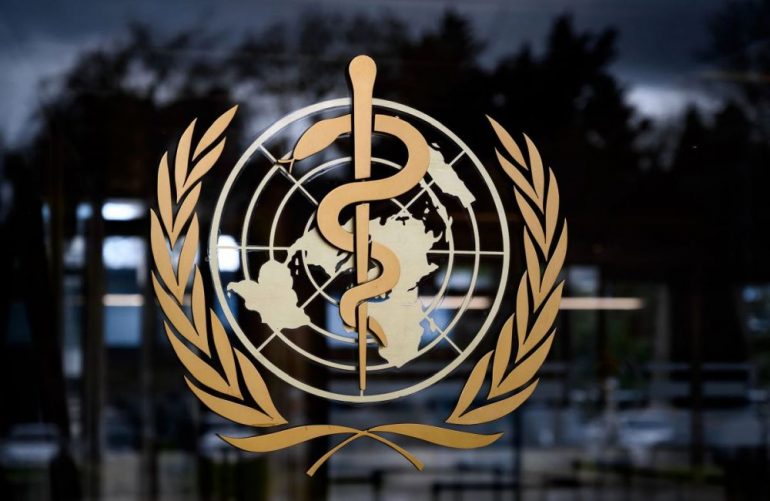Countries where coronavirus infections are declining could still face an "immediate second peak" if measures to curb the epidemic are lifted too early, the World Health Organization has warned.
People are still in the middle of the first wave of the coronavirus outbreak, said Michael Ryan, head of the Emergency Management Agency, in an online briefing, noting that while cases are declining in many countries, they are still rising in Central and South Africa. , South Asia and Africa.
Ryan stressed that the outbreaks often occur in waves, which means that the cases could return later this year to places where the first wave has receded. There is also the possibility that the infection rates will rise again faster if the restrictive measures of the first wave are lifted very soon.
"When we talk about a second wave, traditionally what we often mean is that there will be a first wave of the disease on its own, and then it will be repeated months later. And that may be the reality for many countries for many months to come, "Ryan said.
"But we also need to be aware that the disease can go away at any time. We cannot assume that because the disease is on a downward spiral now it will continue to subside and we will have several months to prepare for a second wave. We may have a second peak in this wave. "
He added that European and North American countries must "continue to implement public health measures, social measures, surveillance measures, testing and a comprehensive strategy to ensure that we continue on a downward trajectory and do not have an immediate second peak." ».
Many European countries and states have in recent weeks eased restrictive measures that have caused great economic damage.
The clinical trial of the drug hydroxychloroquine is inhibited
The World Health Organization also announced that the clinical trial of the drug malaria hydroxychloroquine in patients with coronavirus has been suspended as a precaution.
According to CNN.gr, the director general of the WHO, Tantros Antanom Gebregesous, announced the decision of the international organization, in the wake of a scientific study published last Friday in the magazine "The Lancet".
According to this study, the use of chloroquine as well as its derivatives (s.s. hydroxychloroquine) against coronavirus is considered "ineffective or even harmful" in patients with Covid 19, a fact that was also pointed out by Mr. Gebregesous.
"The board has implemented a pause of the hydroxychloroquine section in the Solidarity test, while the security data is being reviewed by the data security monitoring board. The other parts of the test are continuing ", the head of the WHO stated in an online information.
It is recalled that last week the Greek representative of the Ministry of Health, Professor of Infectious Diseases, Sotiris Tsiodras, had expressed the doubts of the Scientific Committee of the National Organization of Public Health (EODY) for the effectiveness of chloroquine and its derivatives.
Source: philenews
